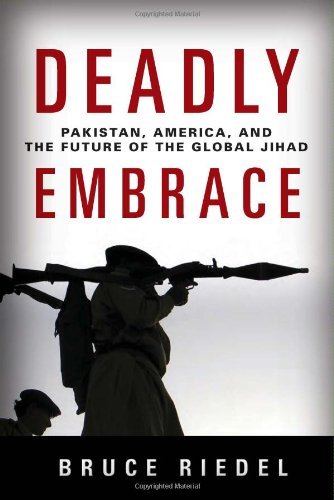Why India must try to bring the United States, Iran and Russia together over Afghanistan
Imagine Afghanistan without extra-regional powers like the United States, NATO and others. Its stability would depend on the stability of the balance of power between Saudi Arabia, Iran, Russia, China, Pakistan and India. The external actors would broadly fall into two camps, based on the degree of convergence of their interests: China, Saudi Arabia and Pakistan in the red corner, and India, Iran and Russia in the blue. This was roughly the situation obtaining in Afghanistan in the second-half of the 1990s towards the end of which the red corner seized a dominant upper hand through the military success of Mullah Omar’s Taliban regime. After 9/11, the U.S. and NATO stepped in and disrupted the natural geopolitical dynamics of the region.
Once external powers withdraw Afghanistan the natural geopolitics will again kick into action: with the China-Saudi-Pakistan triad seeking dominance over the landlocked country against the interests of India, Iran and Russia. The United States has the power to set the future trajectory by choosing sides. The tragedy of the last decade is the sheer inability or unwillingness (complicity or incompetence?) of the United States to appreciate the intrinsic geopolitics of the region. It would have done much better for itself and for Afghanistan if it had recognised how the fundamental interests of the region’s powers were stacked up, and aligned itself accordingly.
The single most important reason for this, perhaps, was the dysfunctional relationship between Iran. There still is no love lost between Washington and Tehran. Worse, even as China consolidates its alliance with Pakistan and Saudi Arabia, the United States seeks to split India and Iran. For its part, India has shown no appetite for bringing about a rapprochement between the United States and Tehran.
This must change, and 2011 has opened a window for India, Iran and the United States to attempt to increase co-operation over Afghanistan. Writing in the Washington Post, a well-connected Saudi commentator has declared a US-Saudi split. The Pakistani establishment is checking how much support it will receive from China before deciding how much to part ways with the United States. Before the killing of Osama bin Laden upset the scoreboard, General Kayani and Prime Minister Gilani had asked Hamid Karzai, Afghanistan’s president, to cut his links with the United States. In the current circumstances China doesn’t have to do anything bold: it just needs to wait.
In contrast, even after Abbottabad, the United States remains wedded to a failed strategy of pretending that the Pakistani military establishment is its ally. This only strengthens the position of the China-Saudi-Pakistan triad, and weakens its own. New Delhi is unlikely to be persuaded that it enjoys a genuinely strategic relationship with the United States as long as the latter continues to scaffold Pakistan. Tehran has many reasons to be opposed to the United States. A good part of that is ideological. What gets less attention is the fact that the realists in Tehran have reason to be wary of the United States because they see Washington as the protector of both Israel and, more importantly, the Sunni bloc consisting of Saudi Arabia and Pakistan. There are some differences between New Delhi and Tehran, but nothing that can’t be resolved if Washington were to change course. Russia enjoys good relations with both Iran and India, and is likely to prefer such a re-arrangement of relations.
If realism prevails in Washington, New Delhi and Tehran, their diplomats will be galvanised into working out how the three could co-operate, albeit in a limited context, over Afghanistan. It may be that nearly three decades of estrangement has left the tribal world of Washington policymaking with few advocates of making up with Iran. That’s why India has a role—it must muster up the imagination and diplomatic chutzpah to attempt this project.
It is frustrating to see resigned minds give up before even trying.

 The UPA government’s decision to reject both American proposals, of the F-16 and F/A-18, demonstrates either a poor appreciation of the geostrategic aspect or worse, indicative of a lingering anti-American mindset. While the U.S. ambassador has resigned, whether or not it will prove to be a setback for India-US relations remains to be seen. Damaging the careers of pro-India American officials is a silly thing to do.
The UPA government’s decision to reject both American proposals, of the F-16 and F/A-18, demonstrates either a poor appreciation of the geostrategic aspect or worse, indicative of a lingering anti-American mindset. While the U.S. ambassador has resigned, whether or not it will prove to be a setback for India-US relations remains to be seen. Damaging the careers of pro-India American officials is a silly thing to do. But what was less discussed, at least
But what was less discussed, at least 